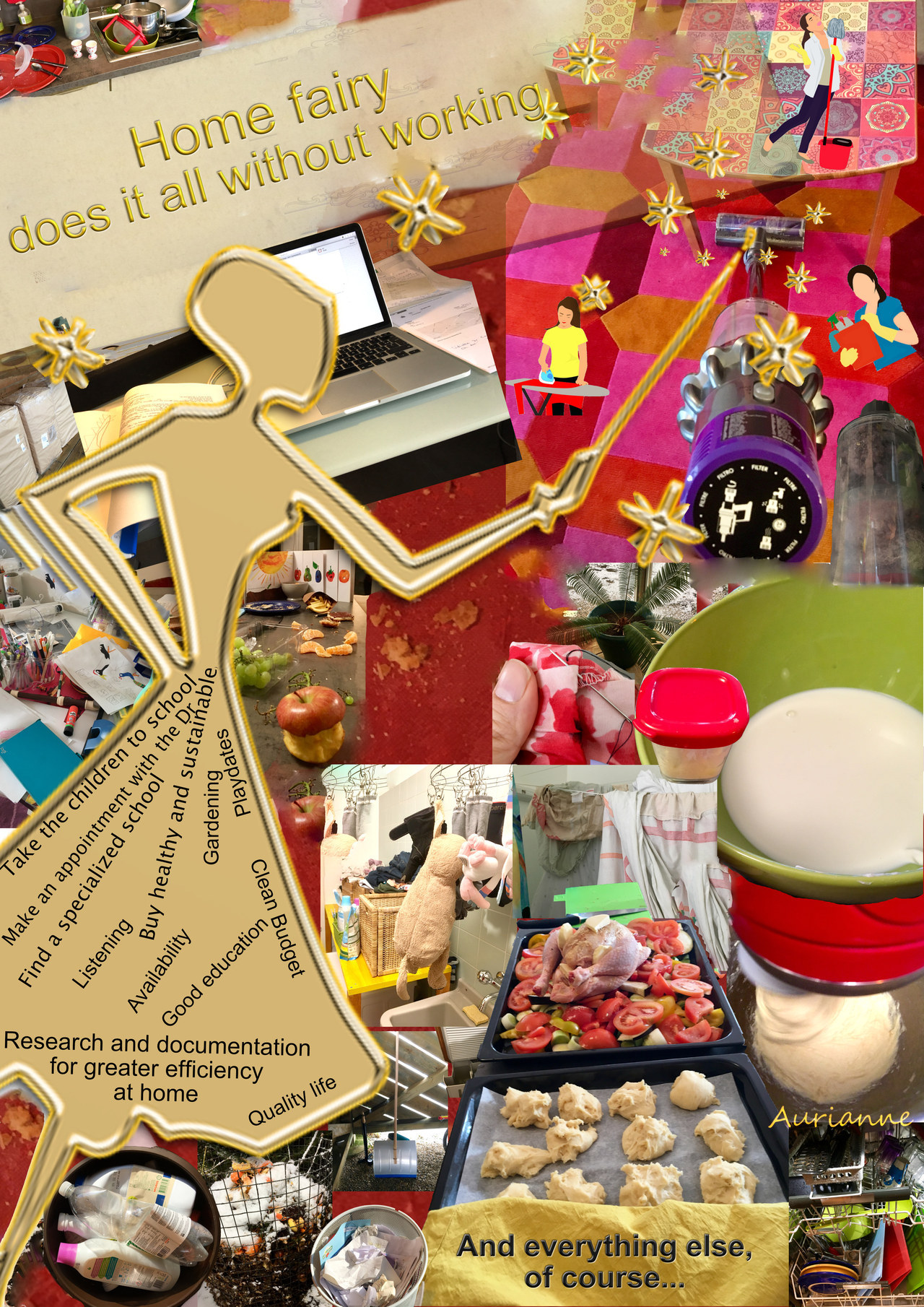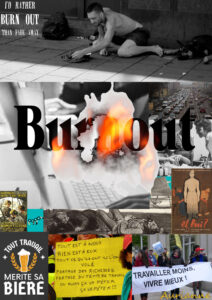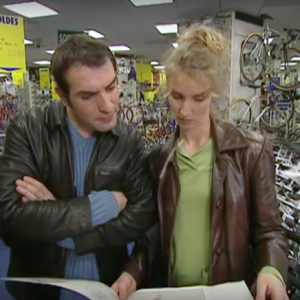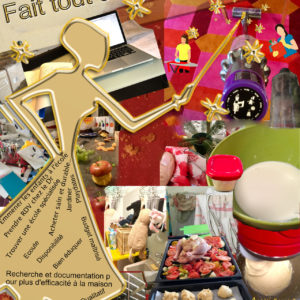Gender equality means equal right to have access to work in the same way. The fact of assigning a job to a gender is not synonymous with freedom. On the other hand, if a person chooses on his or her own to work in a trade that is gender-specific, it does not mean that he or she is forced. On the contrary, it exercises its freedoms much more than those who accept jobs that do not suit them.
In short, don’t choose a profession based on your gender and by expressing your freedom to do what you want.
Why Stay-at-Home Parents are Good for Older Children -Eric Bettinger – Graduate School of Stanford Business: https://www.gsb.stanford.edu/insights/eric-bettinger-why-stay-home-parents-are-good-older-children
Home with Mom: The effects of stayathome parents on children’s long-run educational outcomes – Discussion Papers – Statistics Norway Research : https://www.ssb.no/forskning/discussion-papers/_attachment/113165?_ts=13ea1e1e480
Towards a better future for women and work: Voices of women and men – ILO: https://www.ilo.org/wcmsp5/groups/public/@dgreports/@dcomm/@publ/documents/publication/wcms_546256.pdf
More Millennial Women Are Becoming Stay-At-Home Moms – Here’s Why – Sarah Landrum – Forbes: https://www.forbes.com/sites/sarahlandrum/2018/02/09/more-millennial-women-are-becoming-stay-at-home-moms-heres-why/
Stay-at-home fathers in Australia – Australian Government – Australian Institue of family studies: https://aifs.gov.au/publications/stay-home-fathers-australia/4-characteristics-stay-home-father-families-compared-other-familieswo










